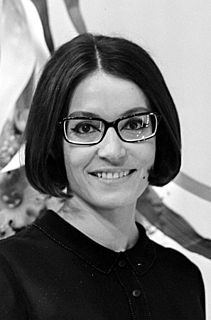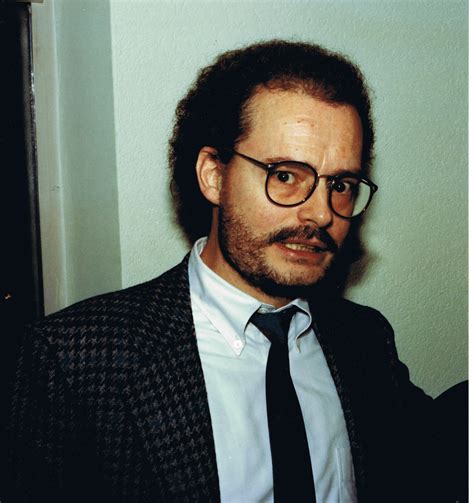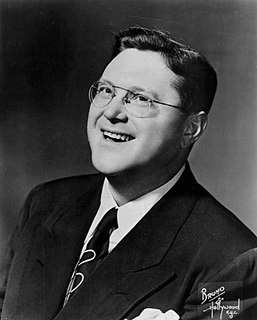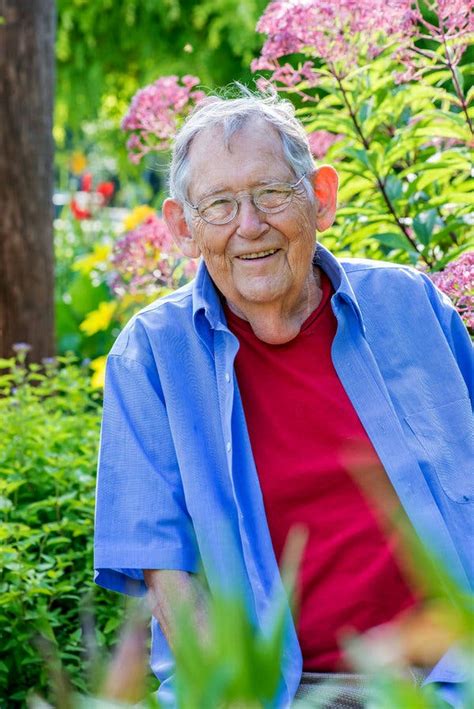A Quote by Monty Don
I have learnt that gardens are like happiness: you cannot pursue them as an absolute thing or moment.
Related Quotes
My favorite thing is landscaping. I love landscaping. And so what I'll do is, mostly I put language into search engines, and if I want to look, like, at tulip gardens, or, like, Georgian gardens, i love English gardens, how they're laid out. Japanese gardens, Asian gardens. So, I'm kind of a frustrated landscaper.
Bad Gardens copy, good gardens create, great gardens transcend. What all great gardens have in common are their ability to pull the sensitive viewer out of him or herself and into the garden, so completely that the separate self-sense disappears entirely, and at least for a brief moment one is ushered into a nondual and timeless awareness. A great garden, in other words, is mystical no matter what its actual content.
I like to be depressing. I feel it's my duty to make everyone a little less happy. You know that line in the Declaration of Independence, "the pursuit of happiness"? I've come to think that it has no meaning at all. You cannot pursue happiness. And to think that this bad little sentence has determined our lives.
There's no reason why children in inner cities or rural areas do not receive the same quality education or opportunities as those in suburbs or wealthy neighborhoods. If we truly believe in giving all citizens a chance to pursue happiness and pursue their goals, then we cannot continue to marginalize entire groups of people.
You've gotta be an outsider a little bit to shake yourself loose from the mill, the "machine." In order to even cut the space in your life to pursue what most people literally cannot afford a moment to pursue. So, yeah. I think that not only is that the role of the artist, but it might be a requirement.
There is this unbounded, infinite, eternal, level, ocean, within every human being. Inner happiness comes with consciousness, bliss, intelligence comes with it. Creativity, love.
Human beings have a potential and it has names like enlightenment or fulfilment, or liberation.
True happiness is not out there, true happiness lies within.
They say beauty is only skin deep but it's this stuff coming from the inside, absolute vibrant consciousness, absolute bliss
When I look at what the world does and where people nowadays believe they can find happiness, I am not sure that that is true happiness. The happiness of these ordinary people seems to consist in slavishly imitating the majority, as if this were their only choice. And yet they all believe they are happy. I cannot decide whether that is happiness or not. Is there such a thing as happiness?
The gardens I love best are those that are still affectionately tended by the people who own them and who made them - who planned and planted and replanned and replanted them, who dug in the dirt and moved hoses and watched the gardens change with the cycle of the seasons and over the passage of years.


































